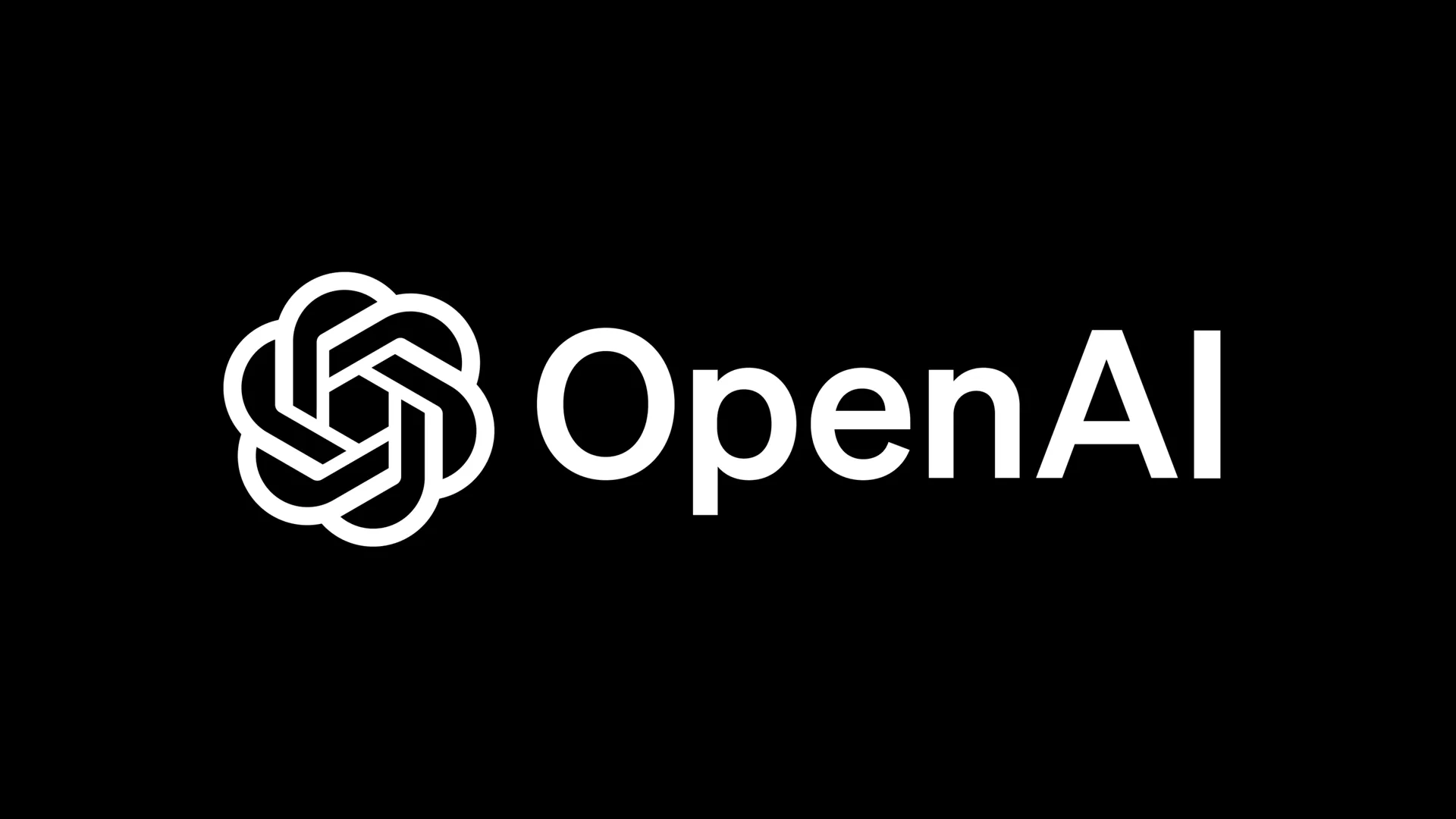Yesterday, Mistral AI introduced Mistral 3 as a new generation of open multimodal and multilingual models that aim to support developers and enterprises through broader access and improved efficiency.
The company presented both small dense models and a new mixture-of-experts system called Mistral Large 3, offering open-weight releases to encourage wider adoption across different sectors.
Developers are encouraged to build on models in compressed formats that reduce deployment costs, rather than relying on heavier, closed solutions.
The organisation highlighted that Large 3 was trained with extensive resources on NVIDIA hardware to improve performance in multilingual communication, image understanding and general instruction tasks.
Mistral AI underlined its cooperation with NVIDIA, Red Hat and vLLM to deliver faster inference and easier deployment, providing optimised support for data centres along with options suited for edge computing.
A partnership that introduced lower-precision execution and improved kernels to increase throughput for frontier-scale workloads.
Attention was also given to the Ministral 3 series, which includes models designed for local or edge settings in three sizes. Each version supports image understanding and multilingual tasks, with instruction and reasoning variants that aim to strike a balance between accuracy and cost efficiency.
Moreover, the company stated that these models produce fewer tokens in real-world use cases, rather than generating unnecessarily long outputs, a choice that aims to reduce operational burdens for enterprises.
Mistral AI continued by noting that all releases will be available through major platforms and cloud partners, offering both standard and custom training services. Organisations that require specialised performance are invited to adapt the models to domain-specific needs under the Apache 2.0 licence.
The company emphasised a long-term commitment to open development and encouraged developers to explore and customise the models to support new applications across different industries.
Would you like to learn more about AI, tech and digital diplomacy? If so, ask our Diplo chatbot!










